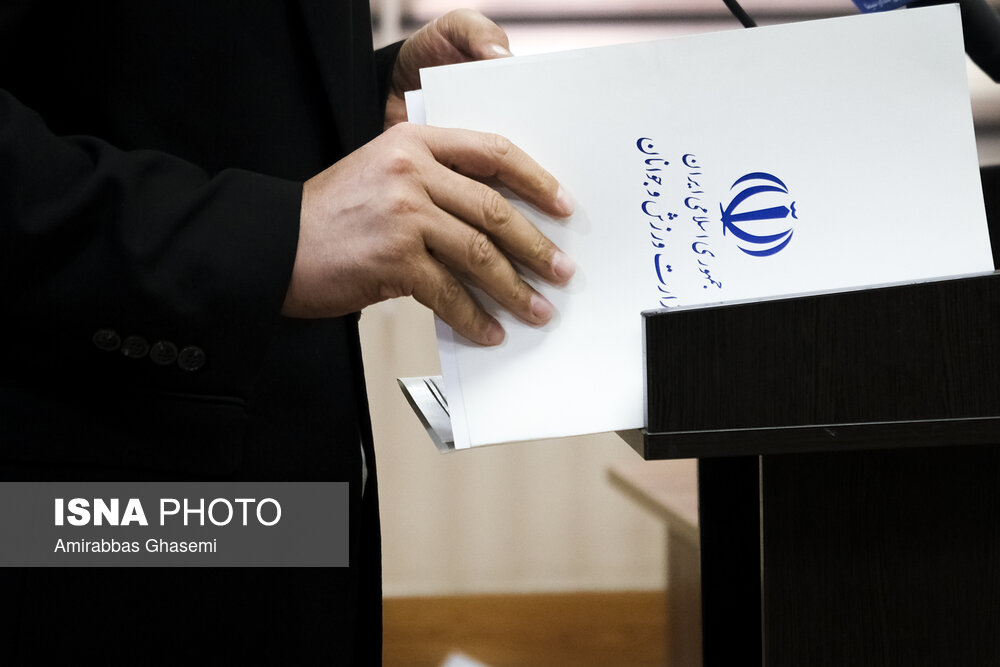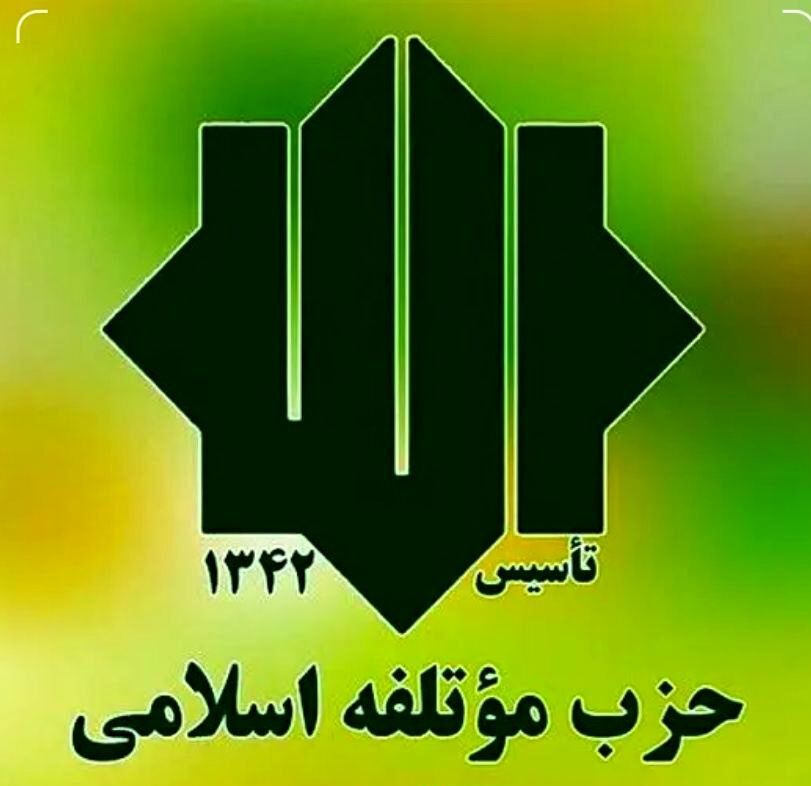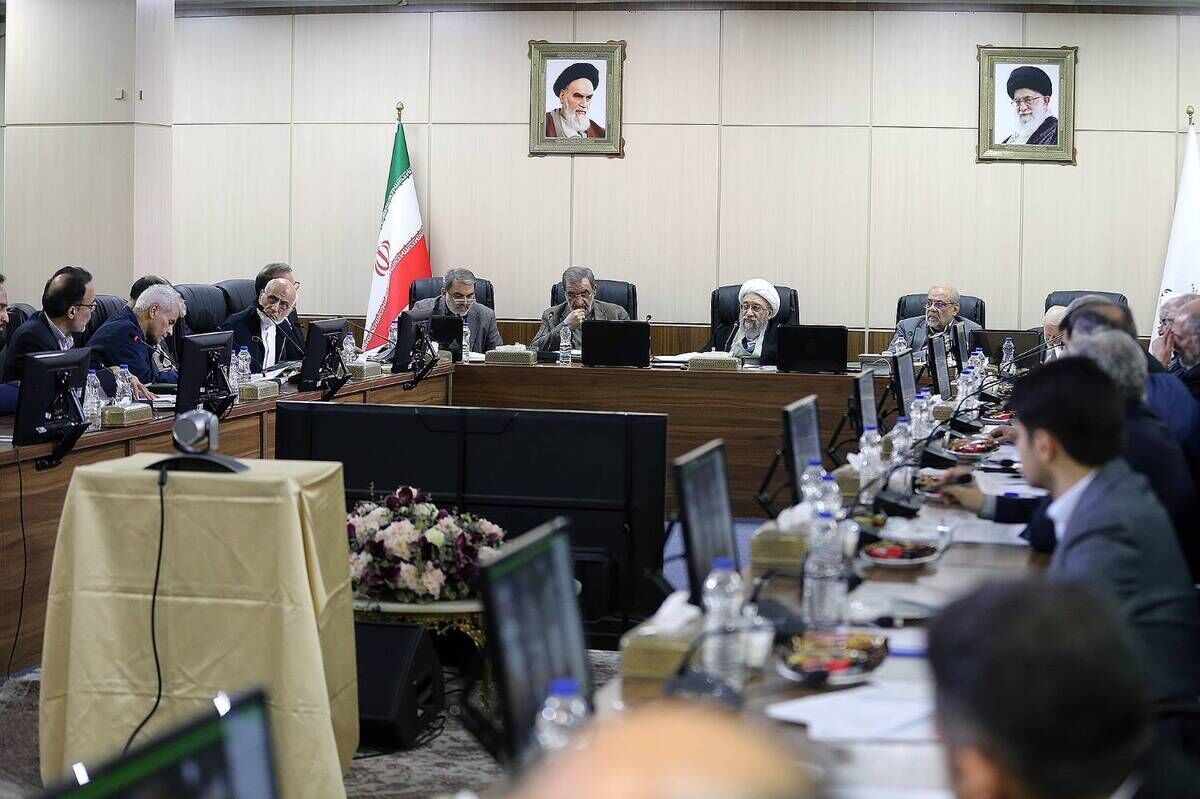'We hate winter': Palestinians face the rain without shelters as Israel blocks tents
'We hate winter': Palestinians face the rain without shelters as Israel blocks tents

After every downpour, the displacement camp where Hamza al-Mutawwaq is staying turns into a swamp.
Mud clings to shoes and small ponds shimmer between sagging tents, where children slip and parents struggle to stay dry.
“It’s as if people are sleeping on a flowing river of rainwater,” said the Palestinian father, speaking from the Nuseirat refugee camp in central Gaza.
After two years of relentless Israeli bombardment of civilians, almost the entire 2.2 million-strong population now dreads another danger from the sky: rainfall.
Al-Mutawwaq is one of hundreds of thousands of Palestinians forced to make a home from tents, with more than 80 percent of Gaza’s structures destroyed since October 2023.
Having lived in a crowded displacement camp for the past two months, the 50-year-old and his family had hoped the ceasefire would bring temporary shelters where his family of 13 could stay until they are able to rebuild their home.
But Israeli violations of the ceasefire have meant that almost no tents or mobile homes have been allowed in in the month since the truce was signed, leaving al-Mutawwaq and many like him dreading the onset of winter.
"The whole world eagerly awaits the mild winter season, but for us and the other displaced people, it will be a curse waiting at the doors of our tents and the ruins of our destroyed homes," he told Middle East Eye.
“These old, worn-out tents that people here own will not protect them from the cold and rain,” he added.
With no shelter relief arriving, some families have turned to the black market to buy winter clothing, tents, tarpaulins or materials to reinforce their shelters.
But most people in the displacement camps, al-Mutawwaq explained, are working-class families who cannot afford the exorbitant prices charged on the black market.
“Today, everyone needs tents, tarpaulins, mattresses and clothing, but very little enters the Strip - and it is far from sufficient,” he said.
“Some of it is sold on the black market for high prices, far beyond the means of the average person who has no work, no income, and has lost everything during two years of war.”
'Unacceptable'
Since Israel launched its two-year genocidal war on Gaza, relentless air strikes have targeted residential areas, leaving more than 83 percent of all structures and housing units damaged.
Under the ceasefire agreement with Hamas that came into effect last month, Israel was required to allow hundreds of thousands of tents and mobile shelters into Gaza as temporary housing for those who lost their homes.
That has not happened.
'Winter is almost here, and we have no clothes, blankets or supplies'
- Amal Mehanna, Palestinian mother
Amjad al-Shawa, head of the Palestinian NGOs Network, told MEE that Israel is allowing only a small number of aid trucks to enter Gaza each day - covering less than five percent of the population’s basic needs.
He described conditions in the enclave as “catastrophic”, saying that people are in urgent need of emergency shelter materials such as tents and tarpaulins, along with winter clothing, blankets and bedding.
“There must be swift action to bring in all the necessary supplies to save people’s lives - people who have already endured two of the most horrific years of war in modern times,” he said.
“It is unacceptable to reward their patience with neglect, leaving them to face their fate alone without extending a helping hand.”
According to the Government Media Office in Gaza, Israel has allowed an average of only 155 trucks to come in daily - carrying commercial goods, humanitarian aid and fuel. The ceasefire agreement stipulated that 600 trucks should enter each day.
Mothers and children 'at risk'
Ismail al-Thawabta, spokesperson for Gaza's government media office, said the number of aid trucks entering the Strip remains “extremely limited, distribution is slow, and the needs of the population are enormous”.
He added that only a handful of organisations are permitted to bring in essential supplies for displaced families.
“We are facing a winter that may prove to be the harshest and most difficult in many years,” Thawabta told MEE, recalling that last winter claimed the lives of at least 17 people, most of them children.
“The war has exhausted people and their ability to endure. There are growing fears that many displacement camps and low-lying residential areas could flood because of the devastated infrastructure.”
The official warned that around half a million children and nearly 100,000 pregnant women are at risk this winter due to the cold and rain and the lack of heating and emergency shelter materials.
Thirty-year-old Amal Mehanna, a widow and mother of three, said the approaching winter fills her with fear.
“My children and I, and many families like us, have come to hate the winter season,” she said.
“We live in constant anxiety about its arrival because of the crises and harsh living conditions we endure - and because of the occupation’s deliberate efforts to choke daily life in the Gaza Strip.”
Mehanna lost her home in the al-Karama neighbourhood in north-west Gaza City, which was destroyed in Israeli attacks. Since then, she and her children have been constantly on the move.
“I can’t even remember how many times I’ve moved from one tent to another, from one shelter to the next,” she said.
“It has been another kind of war, one that every displaced family lives through, lacking the basic means of life.
“I have faced death with my children many times, not only from missiles and fire, but also from disease, hunger, the summer heat, insects, the cold of winter, and the lack of hygiene.”
Last winter, her daughter fell ill from the freezing temperatures and the lack of warm clothes and blankets.
“We shared one blanket throughout the entire winter, sleeping close together just to stay warm,” she recalled.
Now, Mehanna worries for her children’s wellbeing as they face another winter without proper protection.
“Our tent is covered only with thin fabric and is unfit for human habitation, but I have no choice. Winter is almost here, and we have no clothes, blankets or supplies to protect us from the cold and rain.”












